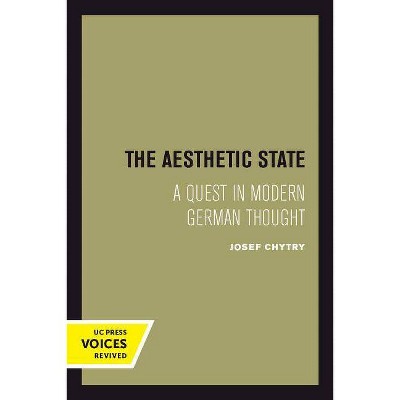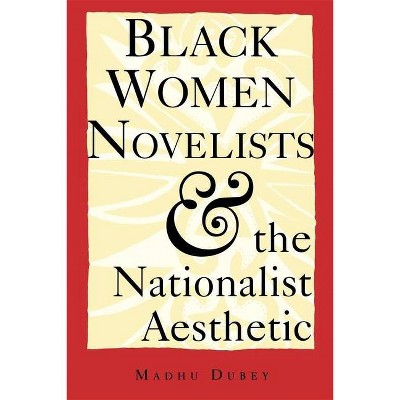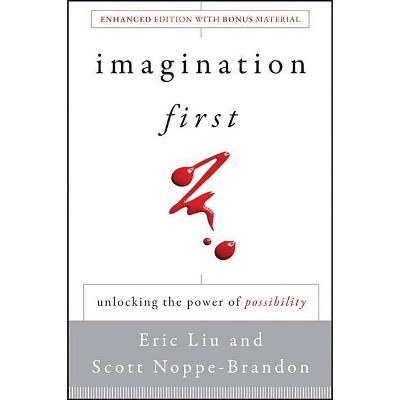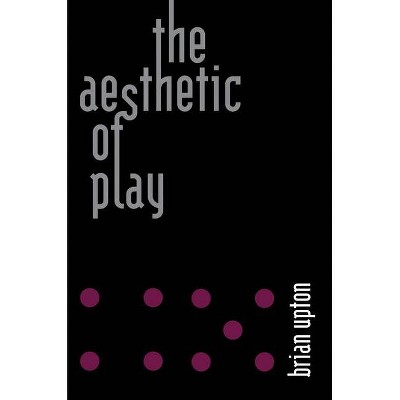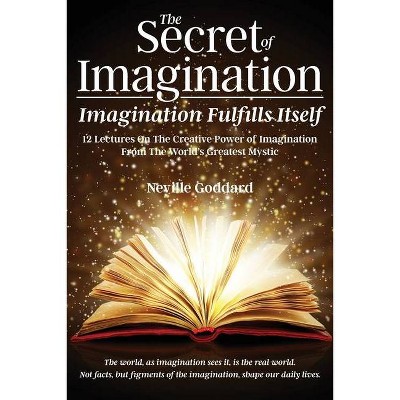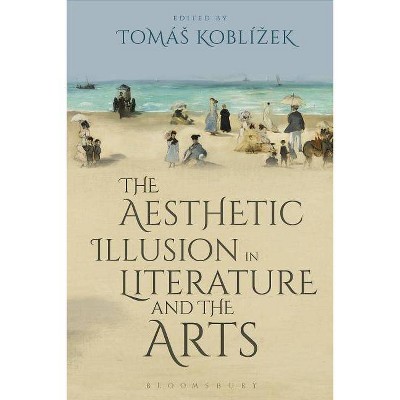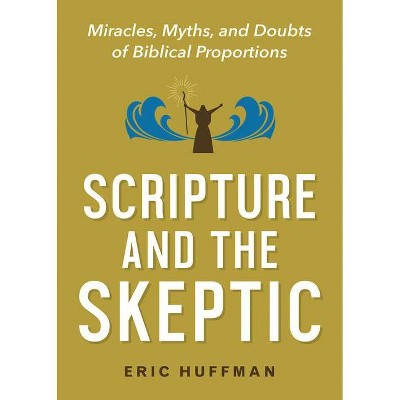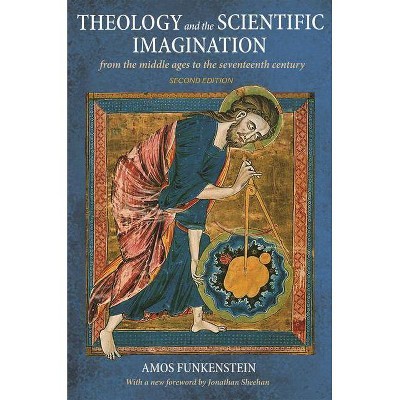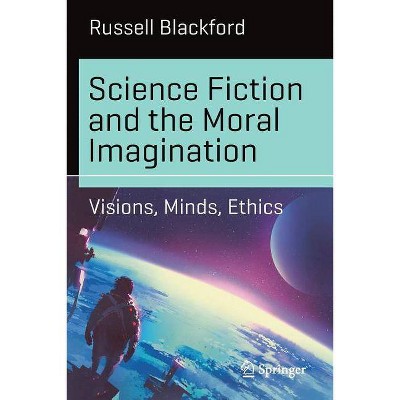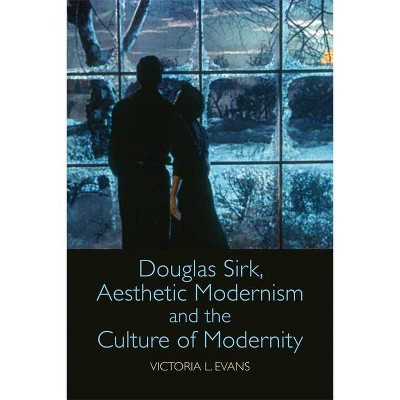Pixar and the Aesthetic Imagination - by Eric Herhuth (Paperback)
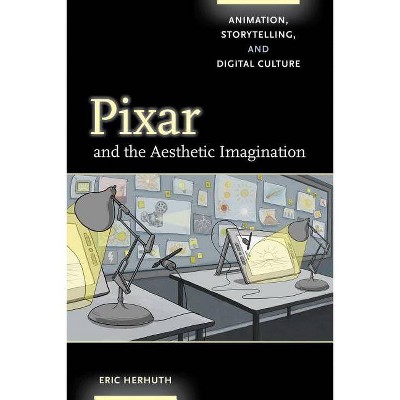
Similar Products
Products of same category from the store
AllProduct info
<p/><br></br><p><b> About the Book </b></p></br></br>"In Pixar and the Aesthetic Imagination, Eric Herhuth draws upon film theory, animation theory, and philosophy to examine modes of animation storytelling that address aesthetic experience within contexts of technological, environmental, and socio-cultural change. Since producing the first fully computer-animated feature film, Pixar Animation Studios has been a creative force in digital culture and popular entertainment. But more specifically, its depictions of uncanny toys, technologically sublime worlds, fantastic characters, and sensorial intensities explore aesthetic experience and its relation to developments in global media, creative capitalism, and consumer culture. This investigation considers Pixar's artificial worlds and transformational stories as opportunities for thinking through aesthetics as a contested domain committed to newness and innovation, as well as criticism and pluralistic thought"--Provided by publisher.<p/><br></br><p><b> Book Synopsis </b></p></br></br>In <i>Pixar and the Aesthetic Imagination</i><i>, </i> Eric Herhuth draws upon film theory, animation theory, and philosophy to examine how animated films address aesthetic experience within contexts of technological, environmental, and sociocultural change. Since producing the first fully computer-animated feature film, Pixar Animation Studios has been a creative force in digital culture and popular entertainment. But, more specifically, its depictions of uncanny toys, technologically sublime worlds, fantastic characters, and meaningful sensations explore aesthetic experience and its relation to developments in global media, creative capitalism, and consumer culture. This investigation finds in Pixar's artificial worlds and transformational stories opportunities for thinking through aesthetics as a contested domain committed to newness and innovation as well as to criticism and pluralistic thought.<p/><br></br><p><b> From the Back Cover </b></p></br></br>"Eric Herhuth's astute and interrogative study of Pixar's key early features treats the films as a complex modern treatise on the uncanny, the sublime, the fantastic, and sensation. Thus, his analyses explore the philosophical tensions between the aesthetic imperatives of computer animation as a creative and social practice and the competing discourses in commerce, politics, and technological innovation in late capitalist culture. Herhuth inventively and intelligently proves that these are not contradictory or irresolvable conditions, but rather the dialectical principle Pixar thrives on in its narratives and ethos."--Paul Wells, Animation Academy, Loughborough University <p/> "Delving deeply into the 3D CGI of Pixar, Herhuth's riveting analysis reveals the ways in which these popular films model and remodel our world, but, more than this, his delvings unmask the common interests of popular culture and critical theory in the future directions of industrial automation, computer complexity, biopolitics, democratization, and the annihilation of the social."--Esther Leslie, author of <i>Hollywood Flatlands: Animation, Critical Theory and the Avant-Garde</i> <p/> "Herhuth takes us on an articulate, imaginative, and theoretically rigorous exploration of specific Pixar worlds, mapped out through aesthetic experiences of their digital animated inhabitants--and of our own flesh-and-blood reception. His book is also a significant philosophical and political treatise on spectatorship of increasingly digital animated worlds."--Suzanne Buchan, Professor of Animation Aesthetics, Middlesex University London<p/><br></br><p><b> About the Author </b></p></br></br><b>Eric Herhuth</b> is Assistant Professor of Film Studies in the Department of Communication at Tulane University.
Price History
Price Archive shows prices from various stores, lets you see history and find the cheapest. There is no actual sale on the website. For all support, inquiry and suggestion messagescommunication@pricearchive.us
